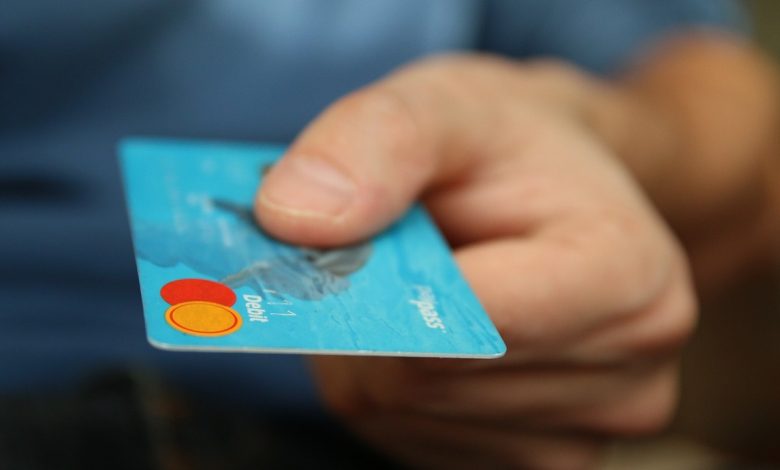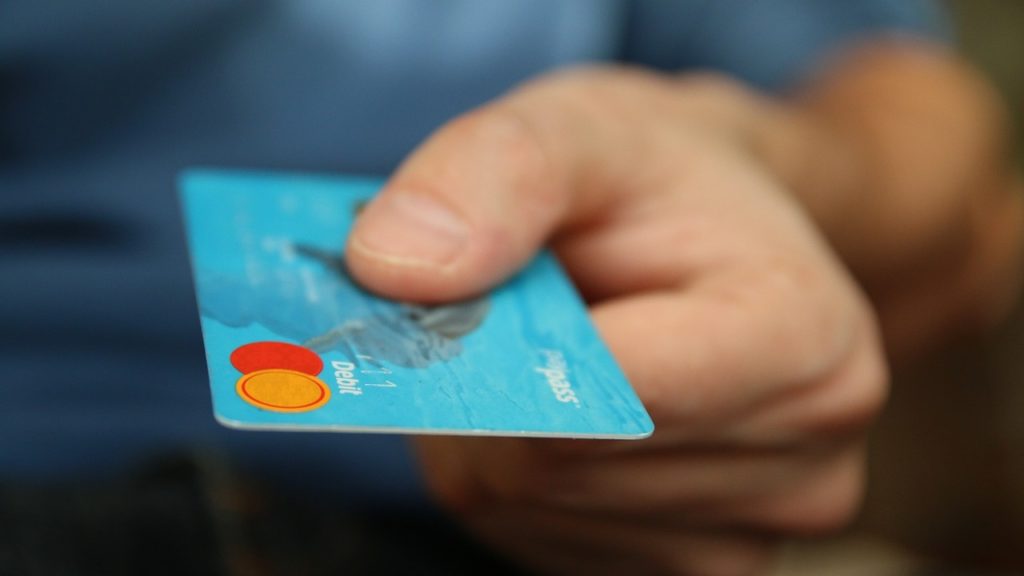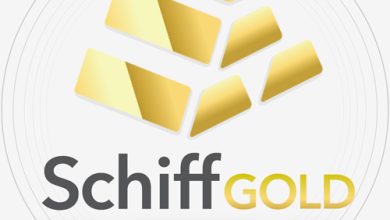Credit Card Borrowing Spiked in January Even as Big-Ticket Spending Slowed

In January, retail sales came in much hotter than expected. Now we know how consumers paid for the spending spree. They put it on credit cards.
After slowing modestly in December, growth in revolving debt spiked again in January. But a slowdown in non-revolving credit moderated the overall increase in consumer debt.
Overall, this signals a pretty bleak trajectory for the economy.
American consumers added another $14.8 billion to their debt load in January, a 3.7% annual increase, according to the latest data from the Federal Reserve. That was up from a 2.7% increase in December.
Americans now owe a record $4.8 trillion in consumer debt.
The Federal Reserve consumer debt figures include credit card debt, student loans, and auto loans, but do not factor in mortgage debt. When you include mortgages, US households are buried under more than $16.9 trillion in debt. Household debt charted the biggest increase in two decades in the fourth quarter of 2022.
Looking at the overall debt increase in January might lead you to believe Americans are slowing down their spending. But the increase in revolving credit, primarily reflecting credit card debt, reveals that there’s more to this story. Americans piled another $11.2 billion in revolving debt to fund their January spending spree – spurred primarily by higher prices. That was an 11.1% increase, up from a 6.9% increase in December.
Americans now owe a record $1.21 trillion in revolving debt.
To put the numbers into perspective, the annual increase in 2019, prior to the pandemic, was 3.6%. It’s pretty clear that Americans are still heavily relying on credit cards to make ends meet.
The rapidly growing levels of credit card debt should raise eyebrows, but the bigger problem is the double whammy of rising debt and rising interest rates.
Average credit card interest rates eclipsed the record high of 17.87% months ago. The average annual percentage rate (APR) currently stands at 19.94%.
NBC News revealed just the impact of rising interest rates on indebted consumers.
Bankrate data shows it would take 16 years for someone to pay off the current average credit card balance of $5,474 by making the minimum payments at 19.2%. At that point, they would have shelled out $7,365 in interest alone.”
Meanwhile, Federal Reserve Chairman Jerome Powell has indicated the central bank will likely have to raise interest rates higher than previously expected. As economist Daniel Lacalle put it, rising interest rates are on a collision course with a wall of debt.
People are already struggling to pay the bill. According to a Moody’s Analytics analysis of Equifax data, nearly 25 million people are behind on credit card, auto loan, or personal loan payments. We haven’t seen delinquency levels like this since 2009.
While revolving debt was back to a double-digit percentage increase in January, the growth of non-revolving credit has cratered in the last two months. Non-revolving debt includes auto loans. student loans, and borrowing for other big-ticket items.
Revolving credit grew by just $3.6 billion in January, a 1.2% annual rate. That follows on the heels of a 1.3% increase in December. Looking back at recent years, non-revolving credit growth averaged around 5% annually.
The sudden plunge in non-revolving credit indicates that consumers have cut back spending on big-ticket items. That could signal that the economy is slowing under the weight of high interest rates.
But despite credit card rates knocking on the door of 20%, consumers continue to rely on plastic to make ends meet as price inflation continues to blaze through the economy.
So, what happens when consumers max out those credit cards? How will they make ends meet? How will it impact an economy that relies on borrowing and spending to limp along? And how will the Fed slay price inflation without popping the massive debt bubble?
Mainstream pundits and policy analysts don’t seem to be asking these questions. They probably should.
Call 1-888-GOLD-160 and speak with a Precious Metals Specialist today!
Buka akaun dagangan patuh syariah anda di Weltrade.
Source link






